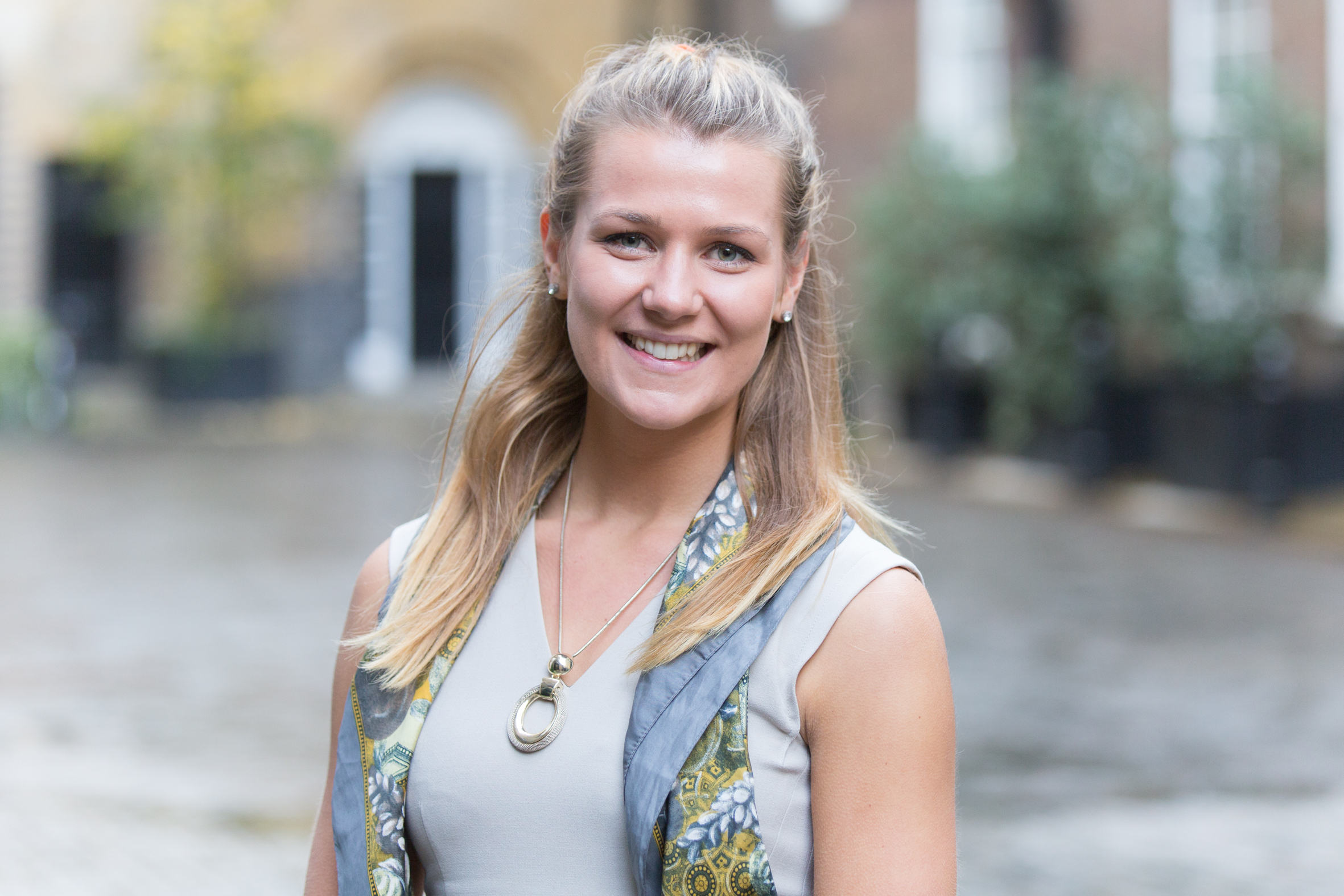The race is on for a gender equal workforce throughout the life sciences sector. In Germany, one third of scientists and engineers are women (33%), significantly behind the European Union average of 40%. How can we address the imbalance? Bethan Williams, SVP - Head of Commercial at EPM Scientific, discusses the unique position that recruiters play in furthering gender equality in the life sciences industry.
The 2020 International Women’s Day theme is that an equal world is an enabled world. What does that mean to you in the life sciences industry?
For me, that means that regardless of age, gender, race or other background, every person should have equal opportunities throughout their life and career at any stage. Particularly in the life sciences industry, it’s important to have diverse teams that are researching and developing new medicines and devices. By sharing those lived experiences, they can help ensure equality in health outcomes and that companies are responding appropriately to the needs of a diverse range of consumers and patients.
Day-to-day, equality inspires employee satisfaction and better performance. Maslow’s hierarchy of needs argues that people are motivated by five basic categories of needs, including safety, esteem and self-actualization. In this theory, higher needs begin to emerge when people they have satisfied the previous need. So if you create a secure working environment where everyone feels welcomed and accepted – they will excel into self-actualization, which is the desire to be the best they can be!
Is gender equality a topic that often comes up in conversations with candidates and companies?
Absolutely. Given external pressures, hiring managers are subconsciously aware that there are gaps in their organization. So when we discuss their hiring needs they may mention that they currently have predominately male workforce and would like to hire a woman to diversify. However I do not think it stops people hiring the best talent regardless of their gender, for example, not hiring a qualified man because of their gender. This is a misconception that people often have when we talk about ‘diversity hiring’ – that is discriminatory towards men. On the other hand, it’s highly assumptive to think that there aren’t any qualified women available for a role – that mindset feeds into unconscious bias and stereotypes about what either gender is capable of.
What role can recruiters play in creating an equal world?
As recruiters, we are in a privileged position that we have exposure to how a range of companies across different sectors, even beyond life sciences, are improving gender diversity and adjusting their talent acquisition strategies depending on what works. We can really get to know the culture of a company by meeting our clients – this allows us to understand their context in the bigger picture and help them address any hiring issues they have.
As a life-long career partner, we can also help candidates negotiate their salary based on their true worth. For some female candidates who were in a generation where they were perhaps underpaid, we can be their advocate to secure a justified salary, particularly where they are not confident in advocating for themselves.
Recruiters can also give valuable recruitment advice to younger people before they start their career journeys. We can offer seminars to teenagers about the future of the life sciences industry and the current hiring situation, including what qualifications they need, how to write a good CV and show examples of good role models.
What advice would you give to a company trying to create a diverse hiring strategy?
I would advise that any employers needs an integrated talent pipeline where they are recruiting and promoting female talent. By creating external opportunities for diverse talent outside the organization, you will also benefit from bringing in new thoughts, ideas and perspectives on how to improve processes or tackle a particular challenge. There needs to be the counterpart of enough internal opportunities so that people feel they have the opportunity to progress and develop their careers – this is vital for retention – and these opportunities needs to be set out clearly in a structured way.
By creating a platform for people to voice their opinion and have it heard, employees will feel they are having an impact on their workplace and their wider community. This is especially important for women and minorities who can struggle to find a ‘sense of belonging’ because they can experience a high-level of stigma consciousness.
Finally, I always stand by the phrase, “If you can’t see it, you can’t be it.” I would strongly advise employers to create mentoring systems and to highlight diverse role models. By highlighting a diverse range of successfully employees, any new or entry-level employees will have someone to look up to and know that there are not any obstacles to their own success in the company because of their background.
About us
EPM Scientific is a leading specialist recruitment agency for the life sciences industry. We were founded in 2012 to give companies and candidates peace of mind that the recruitment process is in experts hands. Today, we provide permanent, contract and multi-hire recruitment from our global hubs all over the world.
